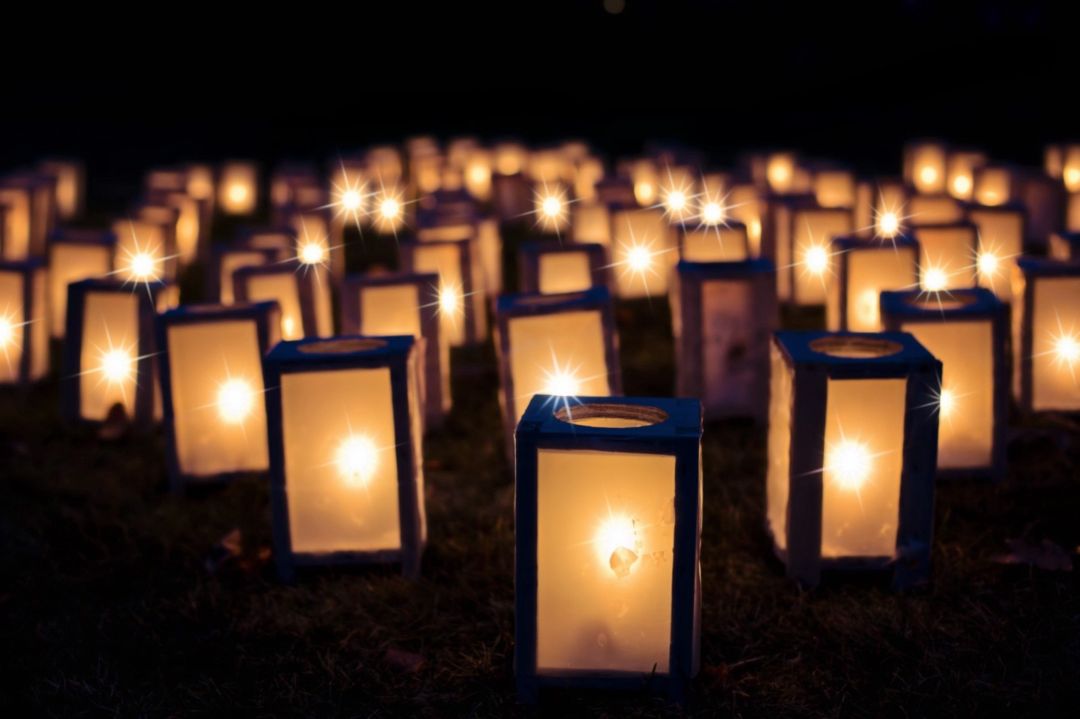Rabhi Bisla, a California-based international trauma expert, has been leading conversations of community healing this Ramadan. Amidst rising levels of anxiety in the current social and economic climate, she opened a space for communities and hearts across the nation to heal. I was surprised not just by how much I had learned in that one session but also by how much I resonated with women I barely knew and of the power naming our struggles held.
Before the Circle
I received an invite to join a virtual healing space called Qalb Convos or Heart Conversations. I didn’t know what to expect, as I’ve never attended a healing circle, let alone through Zoom. Before the circle began, I was required to watch an intro video and fill out a form, thereby allowing me to enter with renewed intentions and feeling more invested in the group. This was necessary as I was already feeling overwhelmed by the numerous online sessions being hosted this Ramadan.
Circle vibe check
Rabhi’s warm smile lit up my screen and I found peace in the intimate ambiance created by everyone’s coincidental warm, dimly lit lights. The event was at 10:30 PST which meant 1:30 AM EST for me and fellow East coasters. I usually wouldn’t be thrilled about an event this late but since sleep becomes practically nonexistent during Ramadan and I was up anyway, I got on it. It was a pleasant surprise to see other fellow East coasters also joining the space.
1. The women were resilient
After introductions were made and guidelines were set for the night, each participant shared their goal for the night. The women came from different age groups, backgrounds, and ethnicities but were all connected by their journey of faith. I was awestruck by the aura of the space as well as the resiliency of the women. Some were confidently practicing while others were unsure. Some were very active members of faith; some found traditional Islamic spaces off-putting or even daunting. Regardless, everyone recognized the disconnect within each of us and genuinely wanted to work on healing. Although we had our individual expectations of our goals for the session, I had this internal longing to be present for others and to learn from them.
2. Naming our traumas
One participant expressed how she had to limit her own emotions due to the needs of others in her life. She gradually realized “you can’t always negotiate with your feelings — you can suppress or delay them but they are going to be there.” There was a collective agreement on how much disconnect there is when it comes to processing our emotions while simultaneously understanding the need to repair our mental health in order to move on.
This led to a discussion on unpacking shame. The way shame creeps up on us for being different, for being too brown or not being brown enough, for expressing our thoughts, our art, or for just being our true selves.
Rabhi allowed the conversation to flow, occasionally guiding the discussion and asking the group what something meant to others. Through Rabhi’s direction, we were able to gain validation and recognize common experiences. We began to accept that unlearning required identifying what to unlearn.
3. Ancestral trauma
A discussion regarding trauma cannot occur without acknowledging the trauma the community itself has already faced. After examining the patterns we saw in our parents, we became more cognizant of the traumas they experienced and may still face today. People shared sentiments of overworked parents who, even in retirement, needed to keep busy. Our trauma isn’t always limited to us. Healing also includes generational trauma. This conversation is crucial to understanding the roots of our expectations, behaviors, and triggers. A lot of which is rooted in experiences that systematically affect our communities.
Closing the circle
When it was time, we winded down by doing group Dhikr (repeated prayers). Rabhi led the group while everyone quietly read on their own. We turned off our screens and continued on their own.
I resonated with a lot of what was shared. It was a pleasant experience of holding space for others to grow and to heal. It’s a breath of fresh air given how much these women juggle with their day to day expectations with family, society, and their selves. This was a space to just be and be acknowledged.
This isn’t a solution to all our problems but it is a much needed start. The healing circle provided an opportunity for growth that would help us acquire a better understanding and acknowledgment of our shared and individual traumas. It built community, refuelled our resilience, and empowered us to go back out into the world with an improved lens.















